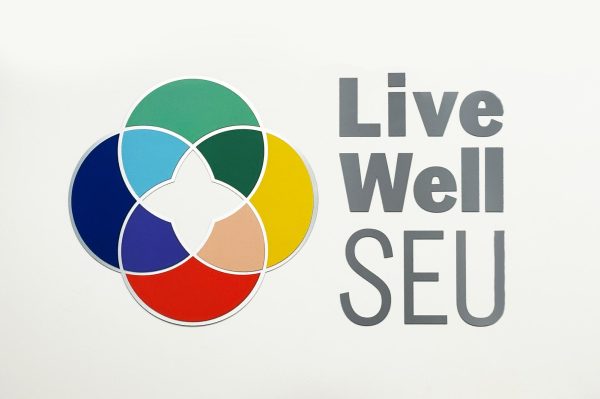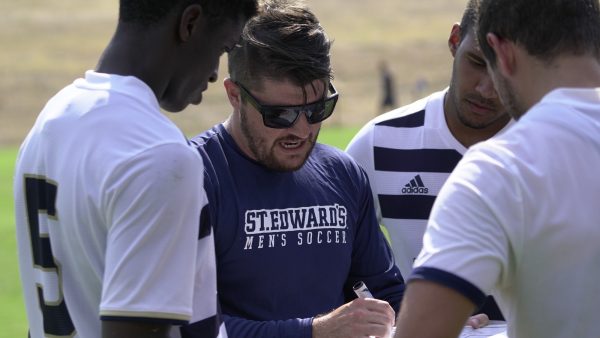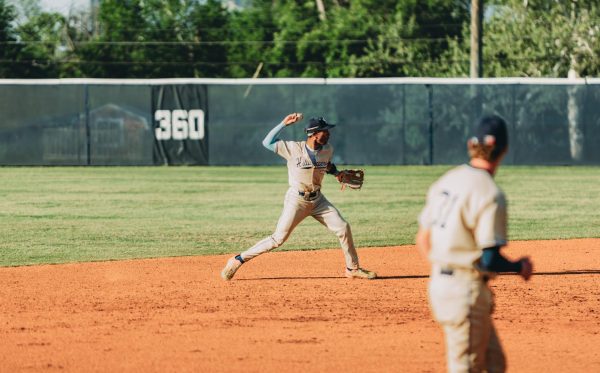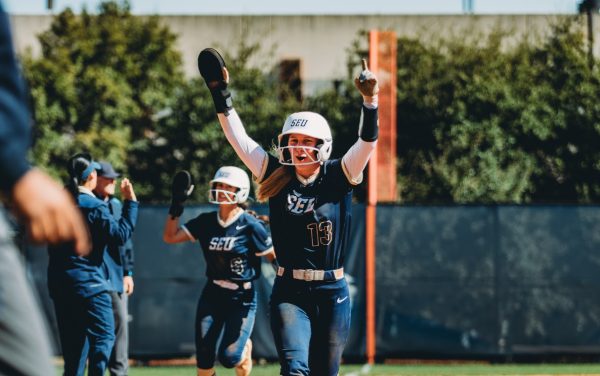Anti-gay slur mars USL match, homophobia still rife in US sports
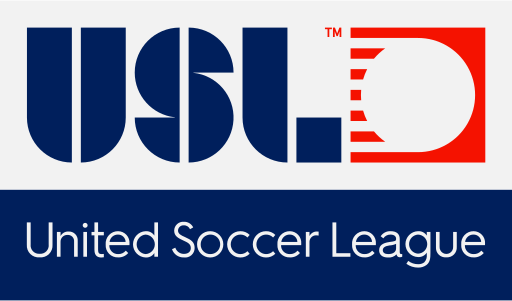
USL / Public Domain / Wikimedia Commons
A 2015 study called “Out on the Fields” found that homophobia is still commonplace in US sports, with 80% of American athletes saying they had either witnessed or experienced homophobia while playing.
On Sept. 30, The Phoenix Rising v. San Diego Loyal game in the United Soccer League (USL) was cut short after Rising player Junior Flemmings directed an anti-gay slur to Collin Martin, a midfielder on the opposing team. This was the league’s final game before the championship playoffs. After some initial confusion, the San Diego Loyal walked off in protest at Torero Stadium and the game ended.
Martin is the only openly gay San Diego Loyal player. After he heard Flemmings refer to him as “the epithet,” he immediately went to referee Joseph Salinas to address the issue. However, Salinas misinterpreted him and assumed Martin called Flemmings “gay” and proceeded to issue Martin a red card. Martin’s teammates came to his defense and the resulting argument caught the attention of both coaches.
San Diego coach Landon Donovan walked onto the field just as Salinas rescinded the red card. Salinas attempted to inform both coaches of the situation when San Diego Loyal’s Tarek Morad directly confronted Phoenix Rising coach Rick Schantz.
“Coach, your player called my gay teammate a b**** boy. You’re not dumb, you know what that means,” Morad said.
Schantz immediately downplayed the situation and began to argue with Donovan over the severity of the issue. Donovan,who sits second in the list of the US men’s national team’s all-time appearance makers, stood his ground, but the officials would not penalize Flemmings, resulting in San Diego’s forfeit.
Donovan’s handling of the situation was lauded as he defended Martin and wanted the issue properly handled. Unfortunately, this is not the first time San Diego had a slur be directed at one of its players. Just a few weeks prior, player Elijah Martin (no relation) was called a racial slur during a LA Galaxy II game. San Diego also forfeited in protest, and were planning on doing an anti-racist tribute during the Phoenix Rising game, but they never got to that point.
Flemmings had initially denied using the slur, which is used against gay men in Jamaica, where Flemmings is from. But after an investigation, the USL fined and banned Flemmings for the remainder of his contract. Schantz was also put on leave, but that punishment has been deemed unrelated to the incident.
Martin was deeply hurt by the situation, saying he was “ashamed that [his] sexuality would have anything to do with any situations in a sporting event.” Despite this, he views himself as extremely fortunate to have his coach, team and the league behind him. The USL released a statement saying, “Foul and abusive language of any type has absolutely no place in our society and will not be tolerated in USL matches.” Although it is admirable that Martin received the support he deserved, social issues like homophobia are still plaguing the sports world.
A 2015 study titled “Out on the Fields” quantified the rampant homophobia in sporting environments. In a survey, over 80% of American athletes said they had either witnessed or experienced homophobia while playing.
Time reported that the “U.S. had the highest percentage of gay men reporting that they had received verbal threats in a sports environment.” In the study, the U.S was ranked the worst country for gay athletes. Unlike the women’s soccer leagues who are miles ahead in terms of accepting their LGBTQ+ athletes, homophobia still runs rampant in men’s soccer.
It is truly disheartening that homophobia still holds reigns within soccer and other men’s sports, even in 2020.


